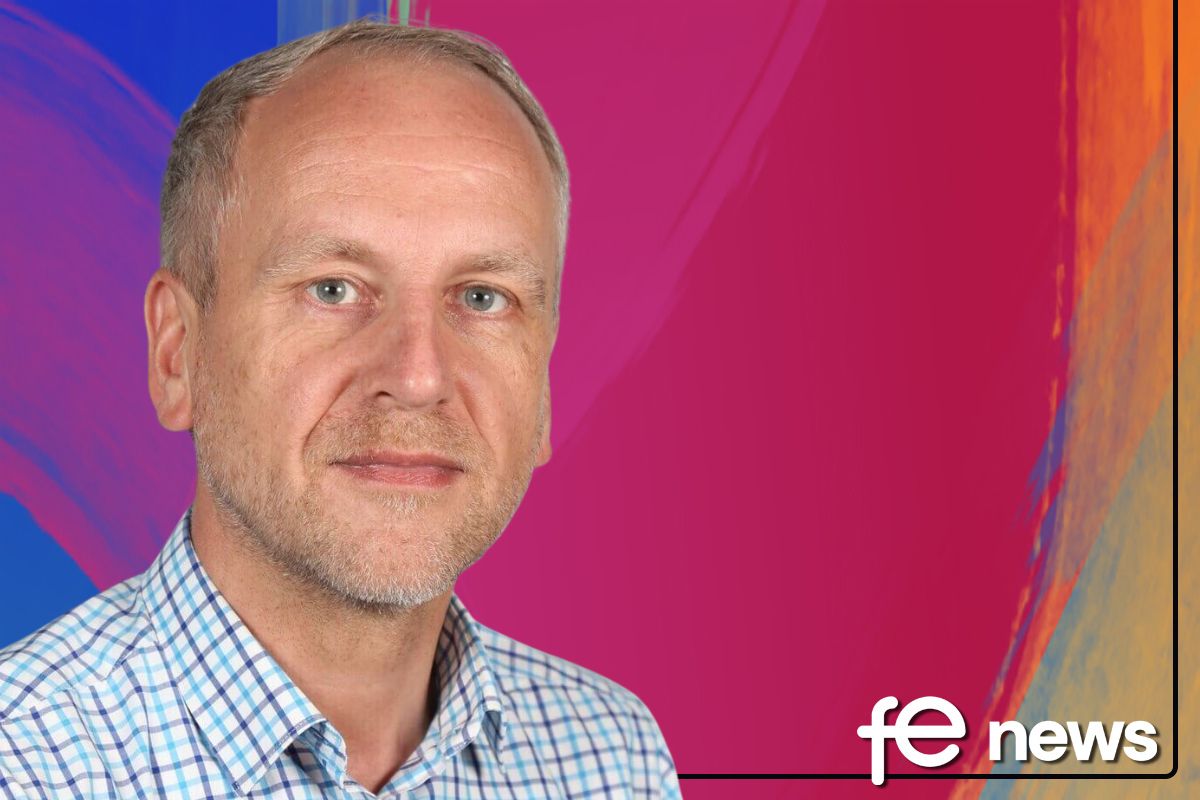Unity and maturity: The approach further and higher education need to drive project success

As further education (FE) and higher education (HE) institutions compete to engage stakeholders and stay relevant in an intensifying market, the increasing pace of change can only be managed through successful transformation projects. To be successful, such projects call for a maturation of project management processes and the adoption of modern cloud tools across diverse portfolios.
Further education (FE) and higher education (HE) institutions in the UK are under increasing pressure to deliver exceptional services in the face of global competition, rising tuition fees and a growing number of annual applicants that is estimated to reach one million by 2030. The shift toward blended learning, changing student demographics and a focus on optimising the student experience is only intensifying this pressure, requiring institutions to adapt in order to meet stakeholder expectations and stay competitive.
For such transformations to occur successfully, institutions need to deliver numerous and often complex projects. However, there are many factors that can make this challenging. FE and HE institutions are often large in size, comprising several dozens of departments and have a wide range of stakeholders, including faculty, students, administrators, alumni, and government bodies. Balancing the needs and expectations of these groups can be demanding and as such, a mature, uniform approach to project management is highly beneficial to ensure institutions can sufficiently serve and engage stakeholders.
Organisational complexity in FE and HE institutions
The organisational complexity that exists in FE and HE institutions can make communication and collaboration particularly challenging – two components that are essential for effective project delivery. In tandem with the changeable regulatory environment FE and HE sectors must contend with, the difficulties of navigating institutional priorities and the time limitations arising from the academic calendar can equally impact a wide variety of project portfolios, such as IT and digital, strategic change, infrastructure and estates.
To adapt and overcome these obstacles, FE and HE institutions have organised project teams through the establishment of Project Management Offices (PMO), applied formal Project Portfolio Management (PPM) practices and modernised project methodologies. However, the typically siloed approach to such endeavours has meant that processes, maturity levels and digital tools vary significantly between different departments and project portfolios.
As a result, FE and HE institutions are now facing increasing pressure to break down these silos to ensure strategic initiatives are effectively executed and align with overarching goals. In removing siloed processes, institutions can achieve more consistent outcomes that minimise friction and inconsistencies in the student experience. Facilitating a collaborative, uniform approach among different departments and portfolios can also lead to innovation and the cross-pollination of ideas, helping to create better solutions to complex challenges and improve the management of interdependencies.
Aligning processes and terminology and driving consistent working across departmental divides
Aligning processes and terminology and driving consistent working across departmental divides is fundamental to achieving greater integration, which in turn requires clear leadership and often significant cultural changes. Whilst this may have been difficult in the past, the widescale adoption of modern cloud technologies by FE and HE institutions in recent years has opened up new opportunities for project teams to collaborate and break down silos.
Cloud collaboration platforms, such as Microsoft 365, are already widely utilised by institutions for greater team collaboration and information sharing across departmental or even organisational boundaries. Modern cloud-based task and work management tools are readily available to track assignments and store project documents in a single place for instant access. But these platforms can do more. They can be the place to establish a ‘single source of truth’ database for project data, enabling automated reporting via self-service dashboards that improves project visibility and supports data-driven decision-making.
Institutions can thus make more of the cloud platform they already own to overcome PPM challenges. Automation and integration are far easier with a single platform approach whilst cyber security threats and administrative overheads can be significantly reduced. Taking this approach will further prepare institutions for the ongoing emergence of artificial intelligence-based features that can be utilised for increased productivity moving forward.
Adopting an iterative approach is necessary
When it comes to implementing any form of digital tool, adopting an iterative approach is necessary. Whilst many people are comfortable using basic cloud platforms, user adoption of new PPM applications hosted within them should be carefully managed by FE and HE institutions to cement a uniform, mature approach to PPM. To begin with, a single dashboard showing strategic projects from across multiple portfolios with basic status updates will already count as a significant achievement. At the right time, this journey may then lead towards the deployment of more sophisticated features, such as financial investment, risk and resource management tools across departmental teams.
Creating visibility and consistent processes across portfolios in further and higher education is an ongoing effort that requires commitment and cooperation from all levels of the given institution as well as recognition of the capabilities modern cloud technologies provide. Maturing toward a greater strategic alignment of projects, more consistent outcomes and greater visibility for all stakeholders will inevitably help FE and HE institutions to sustain stakeholder relationships and remain competitive in years to come.
By Gero Renker, a co-founder and director of portfolio, project and programme consultancy firm, Program Framework.
FE News on the go…
Welcome to FE News on the go, the podcast that delivers exclusive articles from the world of further education straight to your ears.
We are experimenting with Artificial Intelligence to make our exclusive articles even more accessible while also automating the process for our team of project managers.
In each episode, our thought leaders and sector influencers will delve into the most pressing issues facing the FE sector, offering their insights and analysis on the latest news, trends, and developments.











Responses